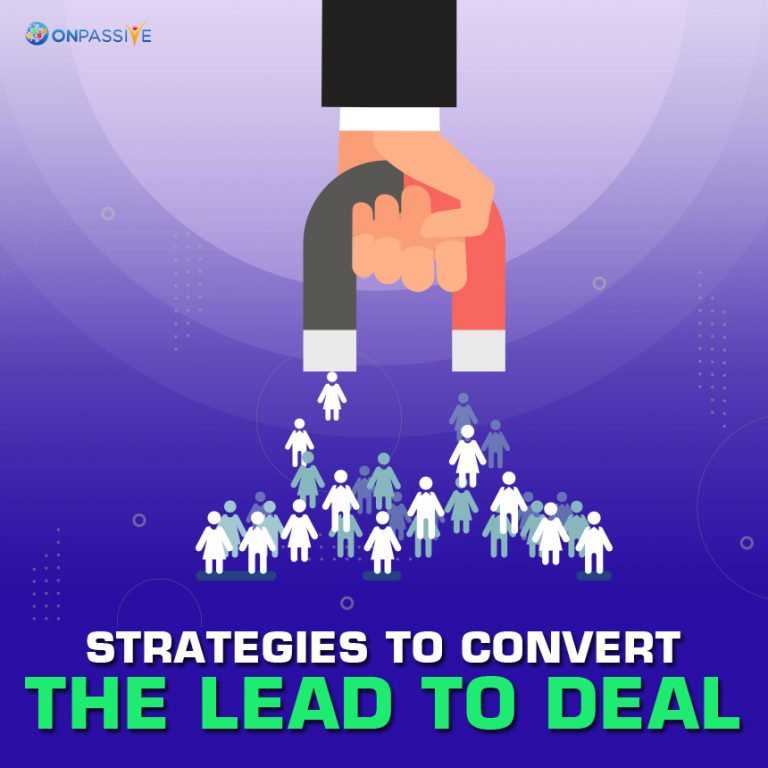
Modern technologies and tools are transforming and reshaping businesses across all sectors, influencing customer behavior and expectations. Technological innovation is also reshaping the way the marketing leaders operate, converting prospects to customers with digital experience and customer service solutions. In today’s highly competitive marketplace, SMEs (small and medium-sized enterprises) must constantly look for ways to leverage digital technologies to maintain profitability. Various sales leaders have already adopted digital transformation technologies to optimize the sales process and ensure that their business is future-ready. So, it’s high time for you to embrace digital technologies and tools to stand out from competitors and provide customers with new and richer customer experience.
In this article, we have outlined six strategies that CMOs can leverage to drive business growth through digital experience innovation.
1. Revamp Marketing Strategies around CX
Growing customer base through referrals and word-of-mouth is no longer helping businesses to reach out to the right set of customers. Chances are, though, at some point, these strategies won’t be enough to sustain the growth needed to meet your long-term sales goals. This is where digital and automated tools come into play. By leveraging modern marketing tools, businesses can map the customer journey, assemble data across multiple touchpoints, and better leverage growth opportunities.
2. Invest and Organize around Data
Leading brands in the market are investing in customer and competitive research to gather real-time data and better understand the changing market requirements. Also, brands are leveraging technologies such as AI and machine learning to synthesize market, customer, technological, and other key competitive data. To enhance customers’ digital experience, businesses can deploy technologies like AI and machine learning. Besides, businesses can segment customers based on their characteristics and devise customized marketing strategies for them.
3. Engage the Entire Organization around Fostering Loyalty
Major businesses today have a website, mobile application, and social media presence. However, just having the company’s presence online can no longer help firms to gain a competitive advantage. Marketers must constantly look for ways to drive customer loyalty and deliver seamless digital experience. By leveraging digital technologies and modern tools, businesses can gather comprehensive insights into their target customers and personalize marketing approaches for them. This will subsequently help companies to convert prospects to valuable customers. Modern technologies can also enable businesses to get a deeper understanding of buyer characteristics in each segment based on behavioral, psychographic, and profile variables.
4. Innovate at the Earliest Stages of the Customer Journey
Today, customers are spoilt for choices. Therefore, brands will need to gain a deep understanding of customer behavior and innovate at the earliest stages of the customer journey to gain a strategic advantage. The rise in mobile searches creates abundant opportunities for businesses to personalize marketing strategies based on search terms. Brands that constantly gather customer data and change marketing strategies accordingly are projected to experience massive growth over the coming years. Besides, brands that leverage digital and automation tools at the earliest stages of the customer journey are expected to drive profitability and enhance the digital experience.
5. Incorporate Customer-Centric Metrics
Many businesses focus on financial and sales metrics. However, for brands to be successful, gathering and acting upon customer preferences is imperative. To integrate customer-centric metrics and drive business growth, businesses will need to understand:
- Products or services appealing to target customers
- Website performance in terms of traffic, conversion, and customer experience
- Whether their platform offers a streamlined product onboarding process
- Kinds of support the platform offers to deliver a smooth online shopping experience
- Whether the channels have adequate policies to protect the brand from unauthorized sellers and counterfeiting
6. Getting Up-Close and Personal
Social media marketing strategies are gaining popularity these days as they allow marketing professionals to send more targeted messages to relevant prospects at the right time. Also, recent innovation and advances in social media advertising allow marketers to create highly precise and conversion-driven advertisements using predictive behavioral models. As such, predictive analytics and automation tools can alleviate the complex nature of B2B and B2C sales over the coming years. Also, measuring customer-centric KPIs, such as customer lifetime value can help marketers reach out to the right set of customers and enhance marketing ROI. Personalizing marketing strategies will become easier when businesses segment customers with similar characteristics into various groups.
In today’s fragmented marketplace, digital experience innovation can help small and medium-sized businesses to stay afloat and drive growth. By leveraging digital technologies, companies can also expand their customer pool and witness revenue growth.


